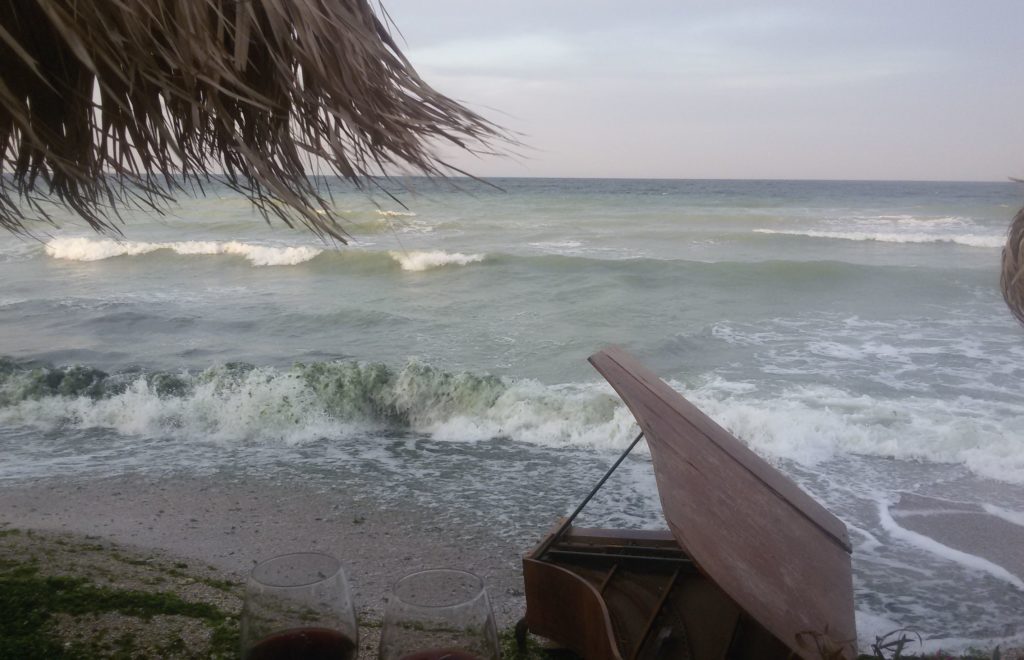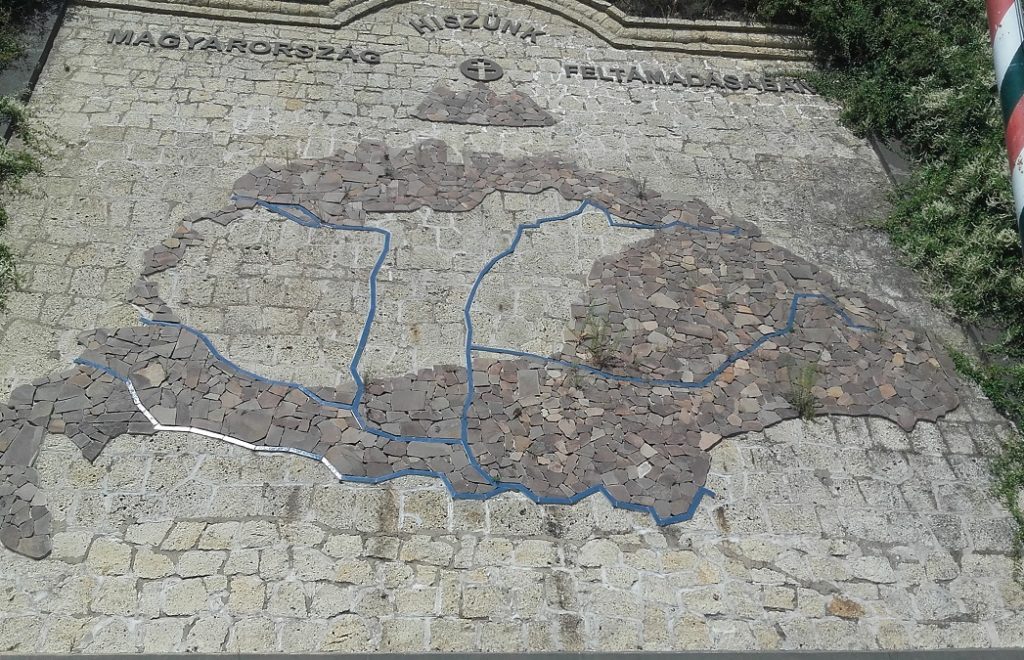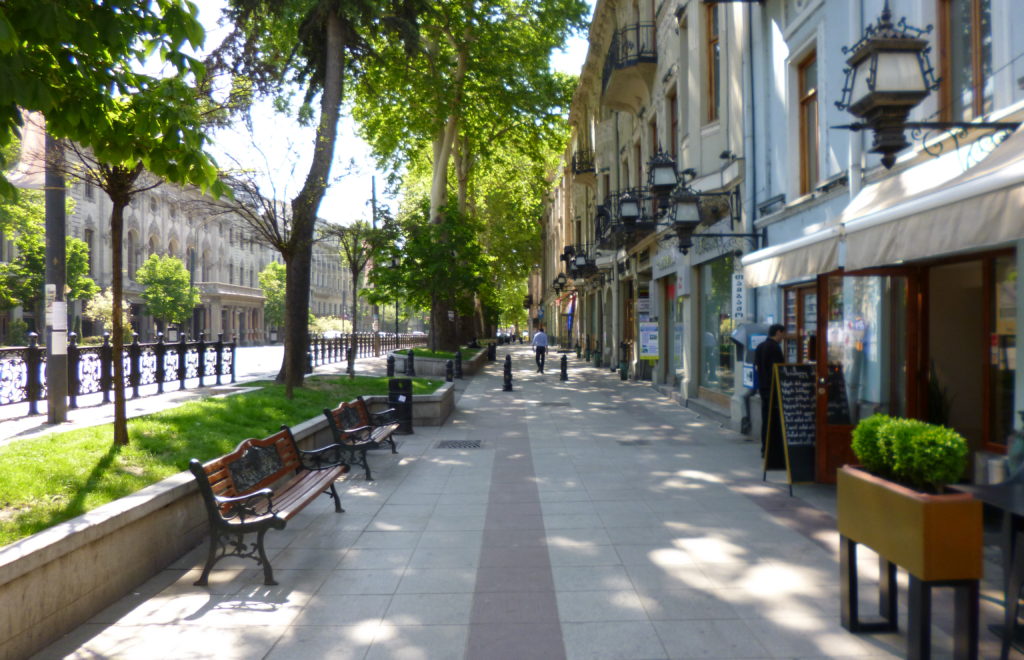Prides of the former socialist bloc
The train from Bucharest, which at this time of the year is heated by the sun, slowly makes its way towards the Black Sea. Outside the window, the landscape is quite monotonous – a vast and flawless flat area, which looks like it was run over by a gigantic bulldozer, is dusty and spreads out under the intensive blue sky. Endless sunflower and corn fields are only decorated with occasional poplar copses. From time to time the train passes a forgotten railway station located either beside a small depopulated town or near a post-communist industrial plant.
August 26, 2019 - Katarina Novikova and Wiktor Trybus




































